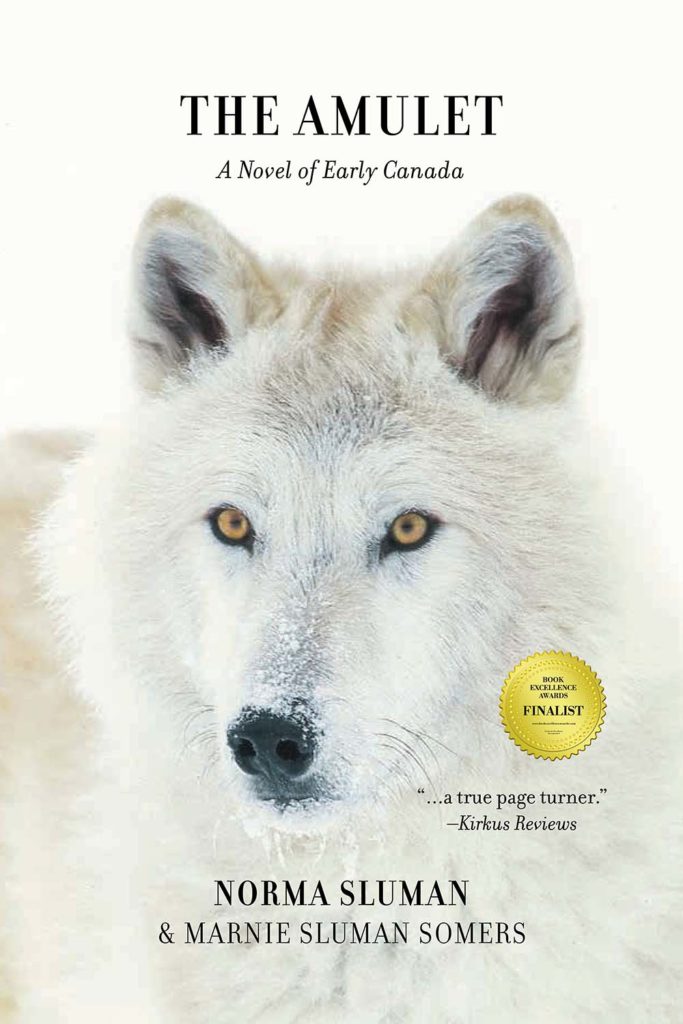Image Credit Luis Villasmil
Over the past few weeks we’ve been exploring how to expand ourselves as writers. We’ve talked about pushing past “just writing” and started thinking about how we’re writing. We’ve begun to examine the boundaries of what we think we know and started to look what we actually know about writing and where that knowledge comes from. This week we’re going to push again, this time past the idea of how we learn new things.
Learning Through Imitation
Talking about copying feels wrong, because we’re taught that copying in writing is cheating or stealing but I want to you to listen first and then judge, okay?
“One of my favourite ways to learn is to copy the people I admire.”
One of my favourite ways to learn is to copy the people I admire. This idea feels wrong because it feels like we’re taking something that isn’t ours. But are we really? Let’s be honest, none of us is a stand-alone fountain of original thought. All our ideas and stories come from somewhere. We all live in the world. We take in the colours and sounds of the places we visit. We absorb the voices and stories of the people we interact with. We pick up the cadence and tone of the writers we read. We learn invisible systems of thought and action by living in society. All these things have a huge impact on how and what we write. After all, writing is just copying life in an artistic and meaningful way.
So what I’m talking about is taking ownership of that imitative process. I’m talking about consciously choosing to copy what you admire and respect. When you do, you’re also indirectly choosing to create more of what you want to see in the world. We started this process last week when I asked you to notice what you’ve been reading.
Mimetic Learning
What I mean when I say “copy” is study writing by trying out the techniques of people whose writing you admire. There’s a fancy name for this kind of study. It’s called mimetic learning. It means “learning by imitation.” Christoph Wulf says this about mimetic learning, “Mimetic learning does not… just denote mere imitation or copying: Rather, it is a process by which the act of relating to other persons and worlds in a mimetic way leads to an en-hancement of one’s own world view, action, and behaviour.”
In simple terms, mimetic learning isn’t just copying, it’s copying to understand. So the idea isn’t to steal the other person’s work or pass it off as your own but to understand their writing so you can better understand yourself as a writer. It’s just another way of pushing the boundaries of what you’re used to and what you’re comfortable with.
Mimetic learning isn’t just copying, it’s copying to understand.
Here’s what it looks like:
I deeply admire the writing of Neil Gaiman. His skill as a writer astounds me every time. So I study his work. I’ve asked (and answered myself), what is it about his style of storytelling that I love so much? What is it about the way he tells a story that hits me so deeply every time? How does he craft his sentences? What is his dialogue like? How does he convey the nature of his characters to his readers?
I’ve learned so much by trying out the mechanics of his writing. I’ve practiced using the point of view from How to Talk to Girls at Parties, I’ve practiced using the humour of the completely obvious but unexpected from Fortunately, the Milk, but I haven’t taken anything from Neil, I haven’t passed his ideas off as my own. I’ve written my own words and my own stories and they’ve gotten better as I’ve practiced skills that I learned from him. I’ve become more me as a writer.
Practical Application
Please be aware that when I say copy I do not mean plagiarize. I don’t mean steal someone else’s work and pass it off as your own. I definitely don’t mean that you should take for granted or take advantage of the hard work and emotional labour of other writers.
To make sure that you aren’t doing these things please check the following whenever you put your work out into the world:
- have you credited the people who inspired and challenged you as you created this piece?
- have you credited the people who came before you in this genre, or area of thought?
- have you credited quotes, ideas, ways of thinking which come from others?
As you’re going through this list notice anyone you quickly toss aside as not needing credit. Many of us have learned, usually without noticing, that we have a right to others’ ideas if they are particularly different or distant from us.
If you find yourself choosing not to credit someone examine closely WHY you feel like you have a right to build on their thoughts and ideas without acknowledging it.
“All our ideas come from somewhere and there are always people who deserve to be acknowledged when we write. “
If you don’t have anyone to credit then you haven’t looked hard enough at your own writing and your own ideas. All our ideas come from somewhere and there are always people who deserve to be acknowledged when we write.
THIS WEEK’S ASSIGNMENT:
Choose an author you admire and examine some of the techniques that make their writing effective. Pick one technique and try it out in your own writing.
I’ll be trying out the expansive and interwoven way of thinking about the natural world and technology that Nnedi Okorafor uses in her novella Binti. Her characters are both deeply connected to nature and their bodies and yet also use and embrace complex and advanced technology. I’m really excited to see where it goes.
I’d love to hear what you’re learning and who you’re learning from! Let me know in the comments below.
I’m writing with you,

Laurie MacNevin, HF Associate Editor
Laurie is an editor, writer, and researcher. Her deep love of stories led to an Honours degree and a Master’s degree in English Language and Literature from the University of Windsor. Originally from Southern Ontario, Laurie has lived in Manitoba for more than ten years, exploring the stories, landscape, plants, and people of some of the most remote parts of the province including three years in Churchill and two years in God’s Lake Narrows First Nation. Laurie and her family now live on an acreage outside of Carberry.
Not a member of our FREE Book of the Month Club yet? What are you waiting for?
Want a chance to win a free book written by a different Canadian author? Join our Free Book of the Month Club! Every month we review a book by a Canadian author and give it away to one of our email subscribers. Our goal is to share the work of other Canadian authors to help readers find other writers.




